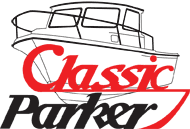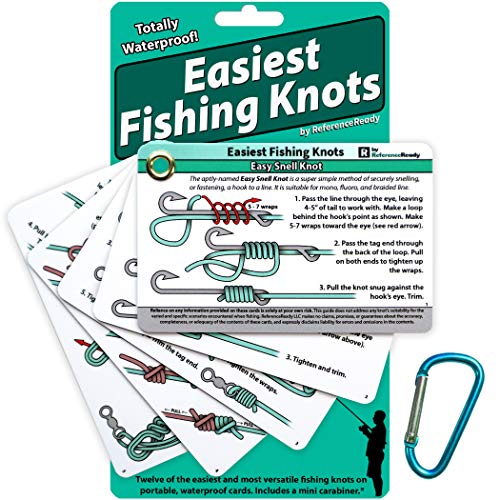ultimatejay
Active member
Hi everyone, I'm new to this forum. I am about to pull the trigger on a new 2520xld, that is the deep V.
I'm having trouble deciding between a single 300 vs twin 200's. I have done many searches here and on other forums and everyone has conflicting information. Some people say the single 300 works great and some say it won't even plane. I dont get why there is so much variance between people?
Boat will be used for inshore and a lot of offshore ocean fishing only. I'm not going crazy with any heavy loads. No huge double tuna tower and this and that. I want rear station and it will have a 65-70 gallon center oval bait tank in the middle of the deck. I know a lot of threads with are older threads and motor technology has come a long way. I'm leaning towards a single 300 as I'm not looking for run and gun high speed numbers. Very rarely can I go over 30mph in sea conditions and I'm in no hurry.
Single I think is a little more fuel efficient and lower cost on maintenance and also a lot of people dont factor in fuel consumption while idling and slow trolling. A single engine should consume less fuel at idle vs twins right? Anyways, do you guys think the single 300 will suffice or twins is a must have? Any experience with newer engines?
Thanks
I'm having trouble deciding between a single 300 vs twin 200's. I have done many searches here and on other forums and everyone has conflicting information. Some people say the single 300 works great and some say it won't even plane. I dont get why there is so much variance between people?
Boat will be used for inshore and a lot of offshore ocean fishing only. I'm not going crazy with any heavy loads. No huge double tuna tower and this and that. I want rear station and it will have a 65-70 gallon center oval bait tank in the middle of the deck. I know a lot of threads with are older threads and motor technology has come a long way. I'm leaning towards a single 300 as I'm not looking for run and gun high speed numbers. Very rarely can I go over 30mph in sea conditions and I'm in no hurry.
Single I think is a little more fuel efficient and lower cost on maintenance and also a lot of people dont factor in fuel consumption while idling and slow trolling. A single engine should consume less fuel at idle vs twins right? Anyways, do you guys think the single 300 will suffice or twins is a must have? Any experience with newer engines?
Thanks






























